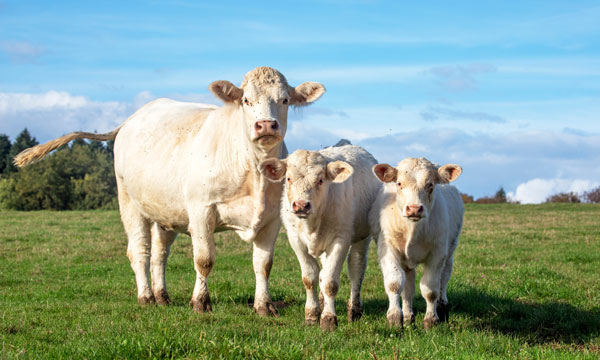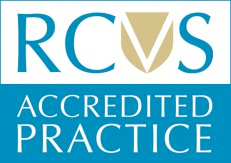Farm Animals
At North Park we have an excellent team of dedicated, friendly and experienced farm animal vets. Within the team, we have one holder of the Diploma in Bovine Reproduction (DBR), and four Advanced Practitioner Certificate holders. This demonstrates our commitment to stay at the forefront of current knowledge and ideas, which ultimately allows us to provide the best possible service to our clients and their animals.
Our specific services, amongst many others, include:
- Regular herd health fertility visits at a reduced rate for our dairy clients, with early pregnancy diagnosis achievable with our IMV ultrasound scanners.
- Competitively priced pregnancy diagnosis for beef suckler farms, with simultaneous body condition scoring and generation of a summary report as standard.
- Bull & ram fertility testing, including complete semen analysis
- Heifer internal pelvic measuring prior to breeding to reduce calving problems associated with feto-maternal disproportion.
- Comprehensive herd and flock health plans, to meet all Farm Assurance Schemes, including Red Tractor.
- Parasite control plans specific to your farm, as well as in-house same-day faecal egg counts, which allow you to optimise treatment timings and assess the efficacy of previously administered treatments.
- Mastitis, nutrition and poor performance investigations.
- Mobility scoring, body condition scoring, teat end scoring, etc.
- Private and Statutory TB testing, including TBAS trained vets to provide you with the best advice to minimise the entry of TB onto your farm.
- Competitively priced calf dis-budding service, including the option to sedate the calves, reducing the need for farm staff to assist with the procedure, saving you time and labour.
- Regular client meetings and training days, including our Flock Health Club, Milksure, Red Tractor medicine training, lambing courses and much more!
Our farm animal facilities include:
- Operating and Hospitalisation facilities at North Tawton.
- In-house laboratory, with same-day faecal egg counting, calf scour diagnosis for the most common pathogens within 10 minutes, haematology and blood biochemistry testing.
Request a call back
If you would like to request a call back from a member of our team, simply fill in this form and we will be in touch.



